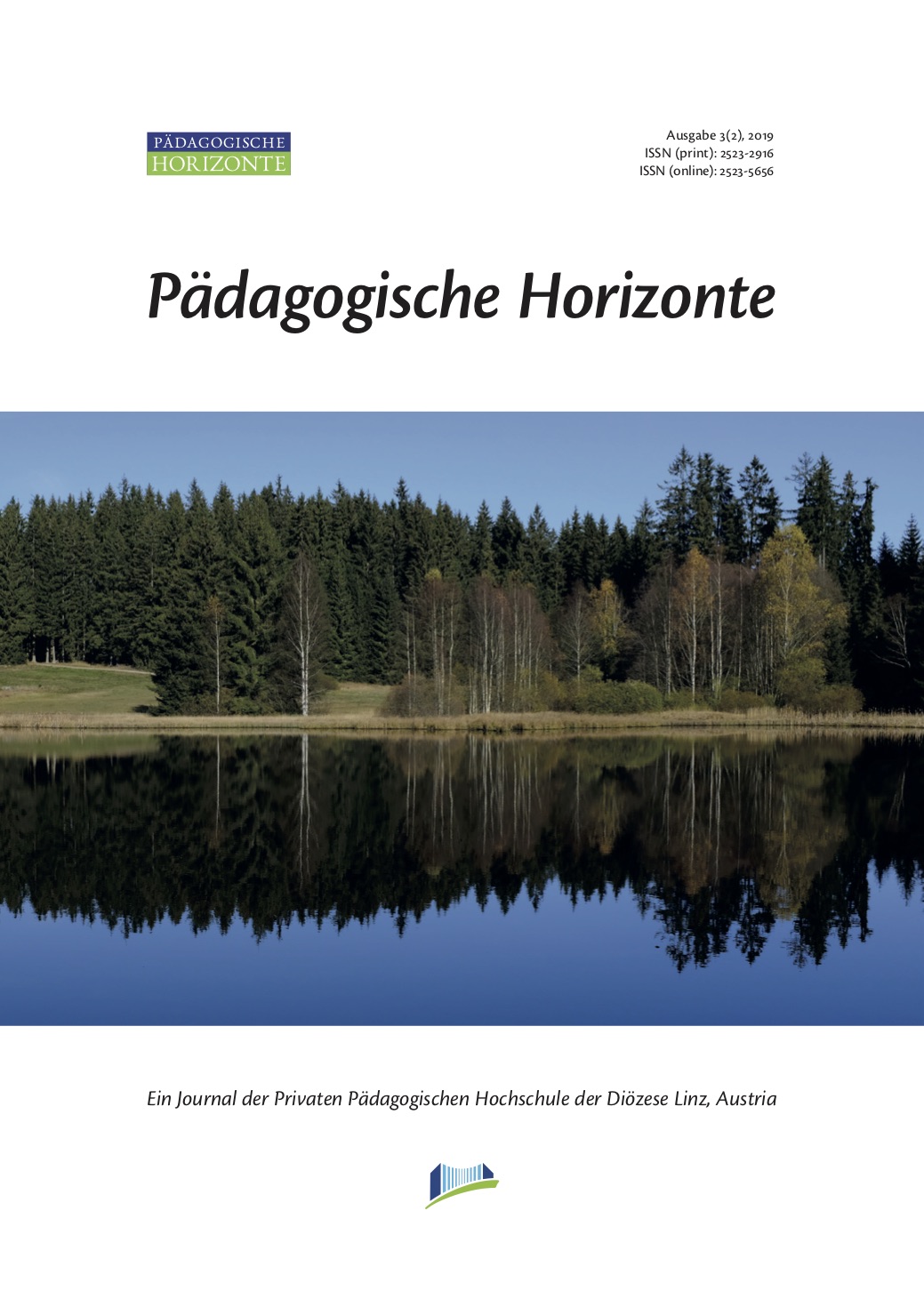Rubric, an instrument to support selfregulation and self-assessment
Keywords:
Rubric, self-regulation, self-assessment, mathematical reasoningAbstract
Rubrics assist the students’ self-regulation and self-assessment by helping to clarify the learning targets as well as showing how to reach them. In a research project, with a quasi-experimental design, conducted by two Swiss universities of teacher education, the students’ competencies for self-regulation as well as self-assessment in the area of mathematical reasoning were analysed. The sample consisted of 44 classes of 5th and 6th grades. In the intervention group the students used a rubric while they were working on reasoning tasks and assessing themselves. The research focus was centered around the question of which effects the use of the rubric has on the competencies of self-regulation and self-assessment. Furthermore, the students were surveyed about the usefulness of rubrics. Additionally, it was examined whether there are any differences between students with low and high abilities in mathematical reasoning. The data was gathered with the help of questionnaires and a test for mathematical reasoning. For one of the reasoning tasks the students had to hand in a self-assessment. The analyses showed, inter alia, that the intervention group was not significantly better in self-regulation and self-assessment. However, the students indicated that they would perform self-assessment in class more often. There were no significant differences between students with low and high mathematical abilities. In the conclusions, various aspects of the use of rubrics in classrooms are discussed.



